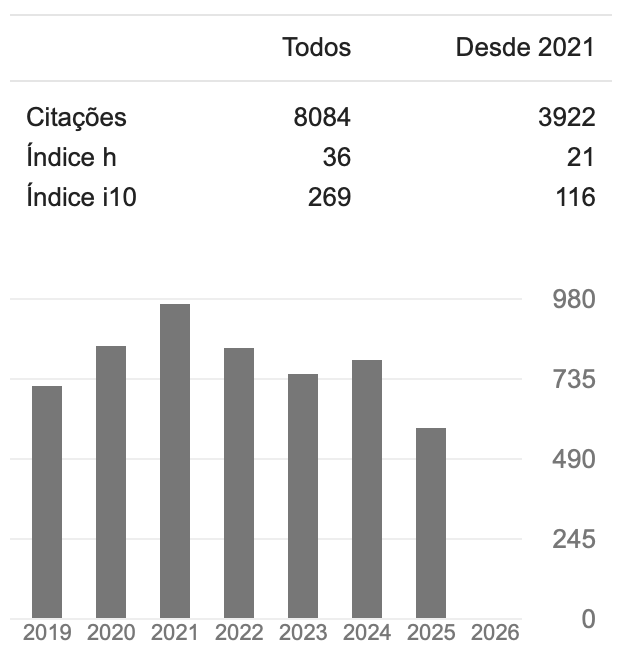Profile of Hospitalized Crack-Dependent Subjects
Keywords:
Profile, Crack, Cocaine, HospitalizationAbstract
The profile of crack-dependent subjects hospitalized for de-intoxication is provided. Research consisted of a quantitative analysis with a cross-section design and non-randomized sample (n=100), composed of crack-dependent subjects under hospital treatment. Collection protocol comprised ‘Card with social and demographic data and profile of the use of psychoactive substances’; anthropometric evaluation; and ‘Cocaine Craving Questionnaire Brief’. Data were analyzed by SPSS 17.0 by descriptive and frequency tests and by Spearman’s coefficient of linear relationship. Results showed that subjects started consuming crack 6.93 years ago (DP=4.19; 0-23) and first de-intoxication treatment occurred 4.03 years after start (DP=5.41; -14-18). The subjects-sample had already undertaken an average of 2.98 treatments for de-intoxication (DP=2.62; 1-16) in hospitals, of which the first treatment occurred when they were 25.11 years old (DP= 7.78; 9-45). Only 36% of subjects had not undergone any de-intoxication treatment. Average fissure degree was serious and the sequence from the start of psychoactive substance usage comprised alcohol, tobacco, cocaine, solvent, inhaled cocaine, nebulizers, injected cocaine, anxiolytic drugs, painkillers, hallucinogen drugs, ecstasy pills, amphetamine, heroin, LSD and Oxi. An inverse mildly intensive correlationship was found between schooling and crack usage time. It may be concluded that many aspects related to the profile of crack-cocaine-dependent subjects hospitalized for de-intoxication could be surveyed, chiefly with regard to a chronological evolution in usage.Downloads
Download data is not yet available.
Downloads
Published
2012-10-03
How to Cite
Balbinot, A. D., & Araujo, R. B. (2012). Profile of Hospitalized Crack-Dependent Subjects. Saúde E Pesquisa, 5(3). Retrieved from https://periodicos.unicesumar.edu.br/index.php/saudpesq/article/view/2424
Issue
Section
Artigos Originais
License
A submissão de originais para a revista Saúde e Pesquisa implica na transferência da Carta Concessão de Direitos Autorais, pelos autores, dos direitos de publicação digital para a revista após serem informados do aceite de publicação.A Secretaria Editorial irá fornecer da um modelo de Carta de Concessão de Direitos Autorais, indicando o cumprimento integral de princípios éticos e legislação específica. Os direitos autorais dos artigos publicados nesta revista são de direito do autor, com direitos da revista sobre a primeira publicação. Os autores somente poderão utilizar os mesmos resultados em outras publicações, indicando claramente a revista Saúde e Pesquisa como o meio da publicação original. Em virtude de tratar-se de um periódico de acesso aberto, é permitido o uso gratuito dos artigos, principalmente em aplicações educacionais e científicas, desde que citada a fonte. A Saúde e Pesquisa adota a licença Creative Commons Attribution 4.0 International.
A revista se reserva o direito de efetuar, nos originais, alterações de ordem normativa, ortográfica e gramatical, com vistas a manter o padrão culto da língua e a credibilidade do veículo. Respeitará, no entanto, o estilo de escrever dos autores. Alterações, correções ou sugestões de ordem conceitual serão encaminhadas aos autores, quando necessário. Nesses casos, os artigos, depois de adequados, deverão ser submetidos a nova apreciação. As opiniões emitidas pelos autores dos artigos são de sua exclusiva responsabilidade.













